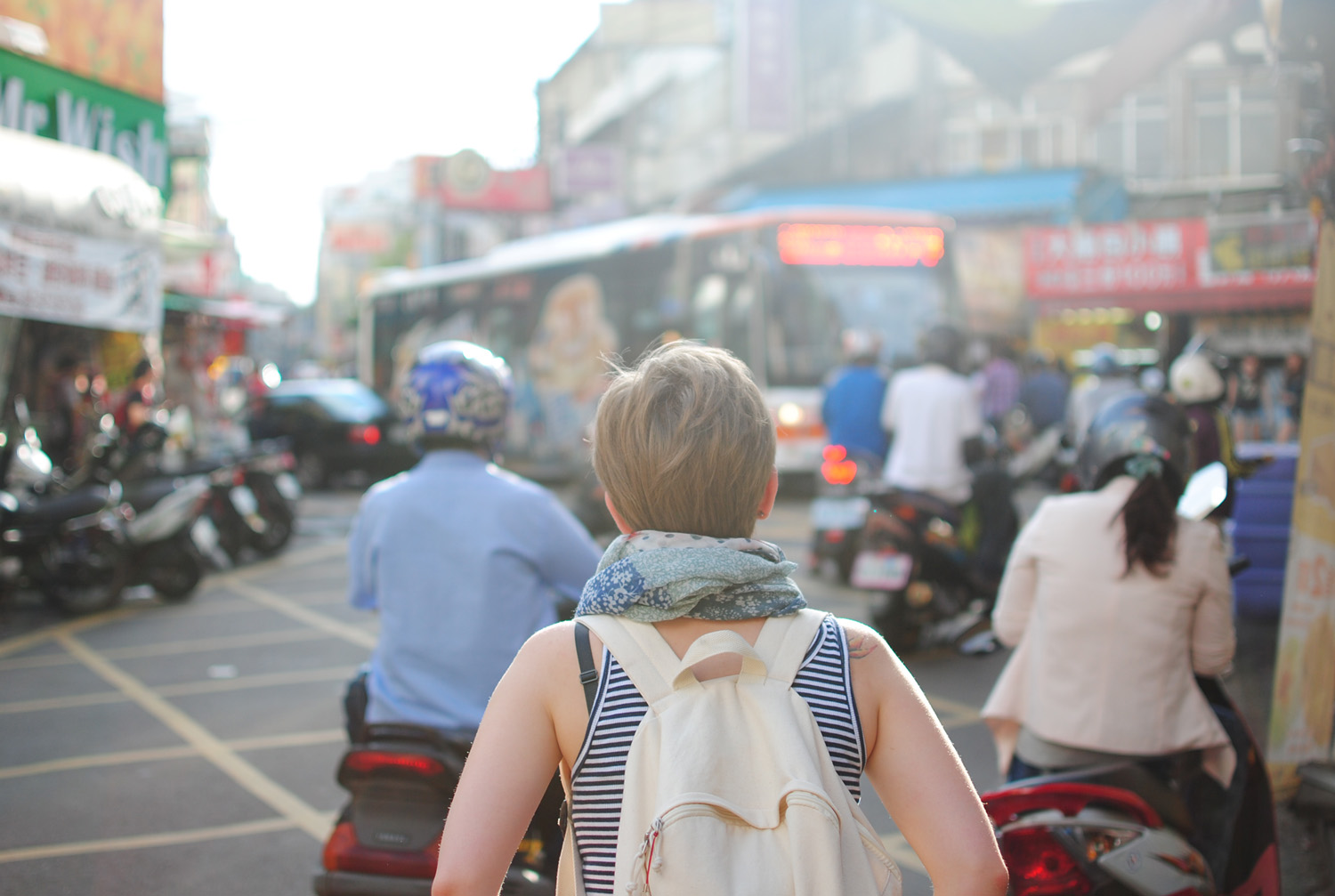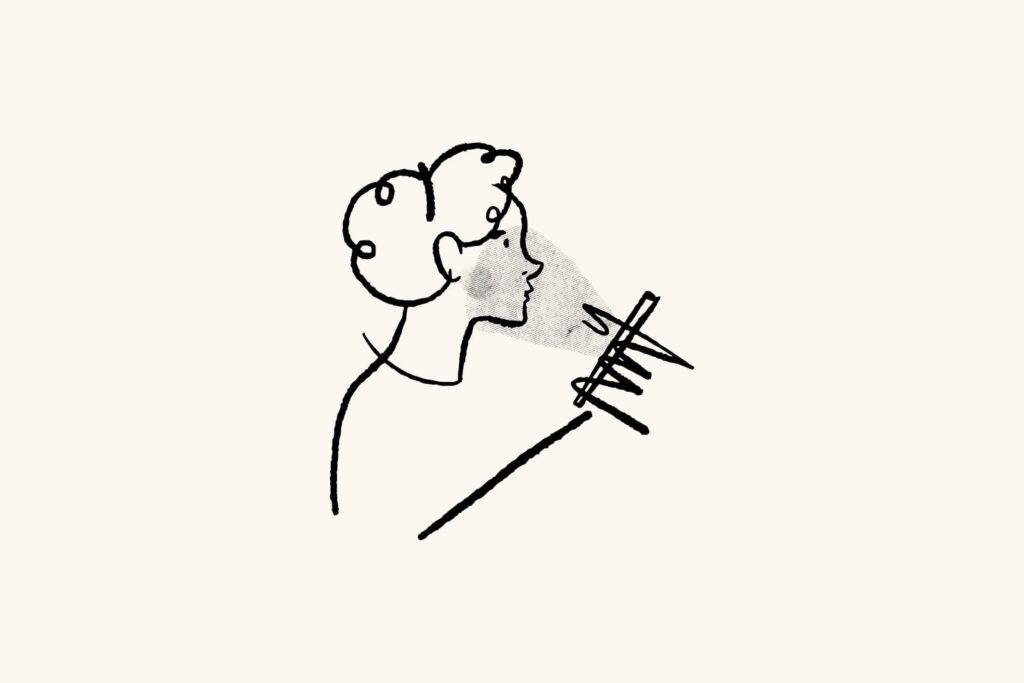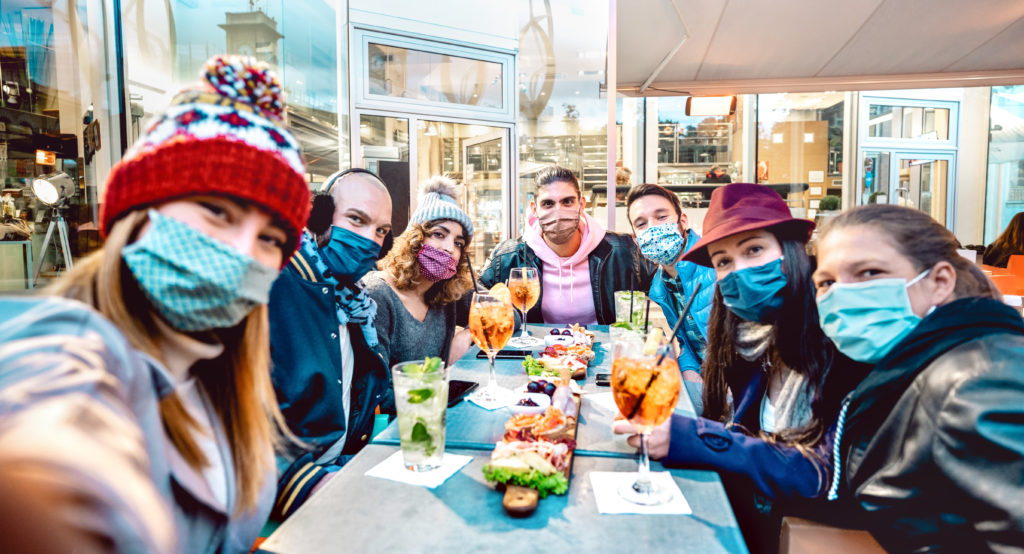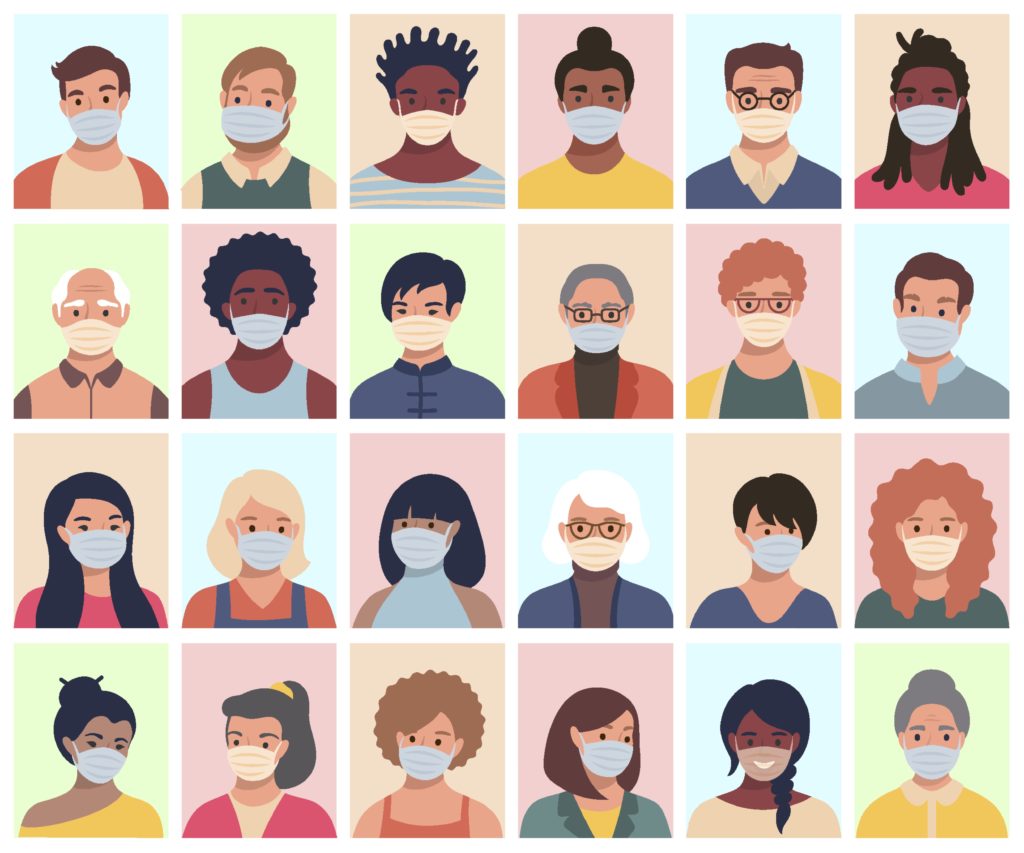The plastic toucan at the entrance of The Rainforest Café never failed to thrill me.
What a revelation! You can eat spaghetti and stare at plastic exotic animals as a speaker system plays wilderness sounds?! What a world we live in!
In the late 90’s, when The Experience Economy was becoming a buzzword, examples tended to be highly thematic. Disneyworld. The Rainforest Café. Sculpture garden mini-golf. The brand was responsible for creating an experience for the consumer. It’s unlikely that many people today would consider The Rainforest Café a prime example of a meaningful experience.
Those days are gone. Today, The Experience Economy is less about creating a brand experience and more about enhancing the consumer experience.
Experience enhancement happens when a brand uncovers the key activities their consumers already partake in, and find ways to enhance those experiences.
Example 1: Kit + Ace
Kit + Ace is a brand geared toward experience enhancement. JJ and Shannon Wilson, members of the founding family of the lululemon brand, identified a void in a highly specific market: people who don’t want to put on a business suit when they change out of their comfy lululemon attire. They knew their target market: wealthy and travel-loving.
In an effort to enhance the travel experience for their consumers, the company provides a personalized Kit + Ace Directory in each of their stores. This directory includes the names and locations of the top hot spots in that city. I checked out the directory in their new store in my hometown of Minneapolis to see if they really knew my city. I’m always skeptical of “best of” lists, but to my surprise, their scouts nailed it. This list really did include best and the coolest in our city. The strategy is to have their consumers seek out a Kit + Ace store in whatever cities they visit and stop in to grab a directory – and perhaps buy a t-shirt.
Example 2: Mass Mutual—Society of Grown-Ups
The financial services industry is being forced to innovate due to huge disruption in their space. What used to be a highly relational business is now becoming commoditized.
Mass Mutual recognized that many potentially high net worth Millennials in the Boston area are self-proclaimed foodies, intellectuals and, due to the transient nature of Boston, looking to meet new people. Enter…The Society of Grown-Ups. Rather than simply explaining insurance and costs, Mass Mutual found a way to deliver their message while enhancing experiences in which this cohort already participates.
The Society of Grown-Ups sponsors great speakers, travel seminars, dinner clubs, and brunches for their consumers. You can expand your mind, eat great food and meet new people, courtesy of Mass Mutual.
Mass Mutual recognized the inherent skepticism in the insurance industry, and found a way to meet their prospective consumers on their own experiential turf, building trust and affinity from the outset.
Instead of creating an artificial experience – such as a rainforest – for your consumers, figure out what they are already doing. Find a way to enhance the experiences they create for themselves.
Questions to ponder while you eat lunch in front of your computer:
- Do I really know my consumer?
- Where does my consumer spend their time?
- What experiences are they already seeking out?
- How can I—as a leader, marketer, strategist, human—enhance those experiences.




